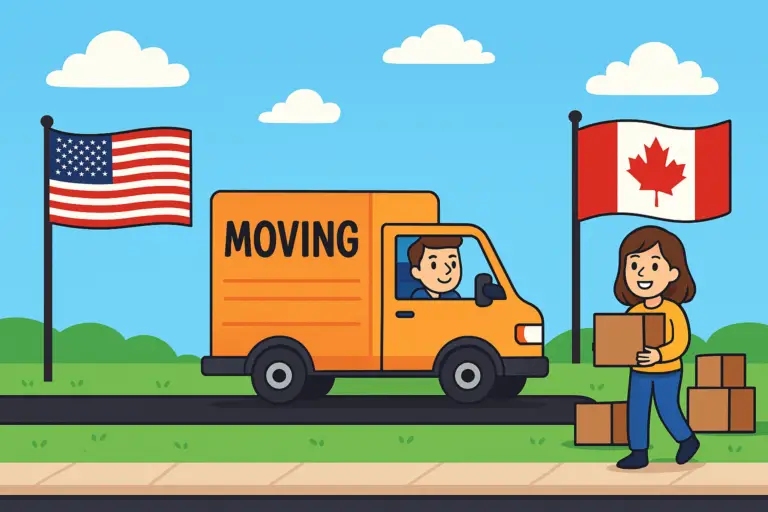Moving Abroad: A Complete Guide to Starting Your International Journey
1. Define Your Purpose and Destination
Clarify Your Objectives: Understanding your reasons for moving abroad is crucial. Whether it’s for career advancement, education, retirement, or adventure, having clear objectives will guide your planning process.
Research Potential Destinations: Investigate countries that align with your goals. Consider factors such as cost of living, climate, language, healthcare, and visa requirements. For instance, Albania has become a popular destination for Americans seeking affordability and a relaxed lifestyle.
2. Legal and Administrative Preparations
Visa and Residency Requirements: Research the visa and residency requirements of your chosen country. Some countries offer special programs like the Golden Visa, which grants residency through investment.
Essential Documentation: Gather and organize important documents, including:
- Passports
- Birth and marriage certificates
- Academic records
- Medical and vaccination records
- Driver’s license
- Financial statements
Ensure all documents are up-to-date and have certified copies where necessary.
3. Financial Planning
Budgeting: Develop a comprehensive budget that includes moving expenses, housing costs, healthcare, daily living expenses, and emergency funds.
Banking and Taxes: Inform your bank about your move and explore international banking options. Understand the tax implications in both your home country and your destination.
4. Healthcare Considerations
Health Insurance: Secure international health insurance that covers you in your new country. Research the local healthcare system to understand how it operates and what services are available.
Medical Preparations: Schedule medical check-ups and obtain necessary vaccinations. Request a supply of prescription medications and ensure you have copies of your medical records.
5. Housing and Accommodation
Temporary Housing: Arrange for temporary accommodation upon arrival to give yourself time to find a permanent residence.
Permanent Housing: Research neighborhoods, rental prices, and housing regulations. Consider factors like proximity to work, schools, and public transportation.
6. Employment and Education
Job Search: If you’re not relocating for a job, begin your job search early. Update your resume to meet local standards and leverage professional networks.
Educational Opportunities: For families, research schools and educational systems. Understand enrollment procedures and curriculum differences.
7. Cultural and Language Preparation
Language Skills: Learning the local language will enhance your integration and daily interactions. Consider enrolling in language courses or using language learning apps.
Cultural Understanding: Familiarize yourself with cultural norms, traditions, and etiquette to ease your transition and avoid misunderstandings.
8. Logistics and Moving
Hiring Movers: Research and hire reputable international moving companies. Compare quotes and services to find the best fit for your needs.
Packing: Create a detailed inventory of your belongings. Decide what to take, sell, or store. Label boxes clearly and keep essential items accessible.
9. Settling In
Legal Registration: Upon arrival, complete any necessary registrations with local authorities, such as residency permits or tax identification numbers.
Community Engagement: Join local groups, clubs, or organizations to build a social network and integrate into the community.
Routine Establishment: Establish daily routines to create a sense of normalcy and stability in your new environment.
Conclusion
Embarking on an international move is a significant life event that requires thorough preparation and adaptability. By following this guide, you can navigate the complexities of relocating abroad and set the foundation for a successful and enriching experience.











